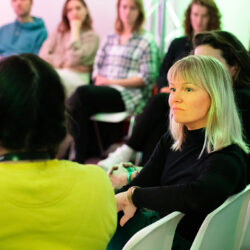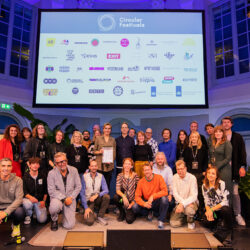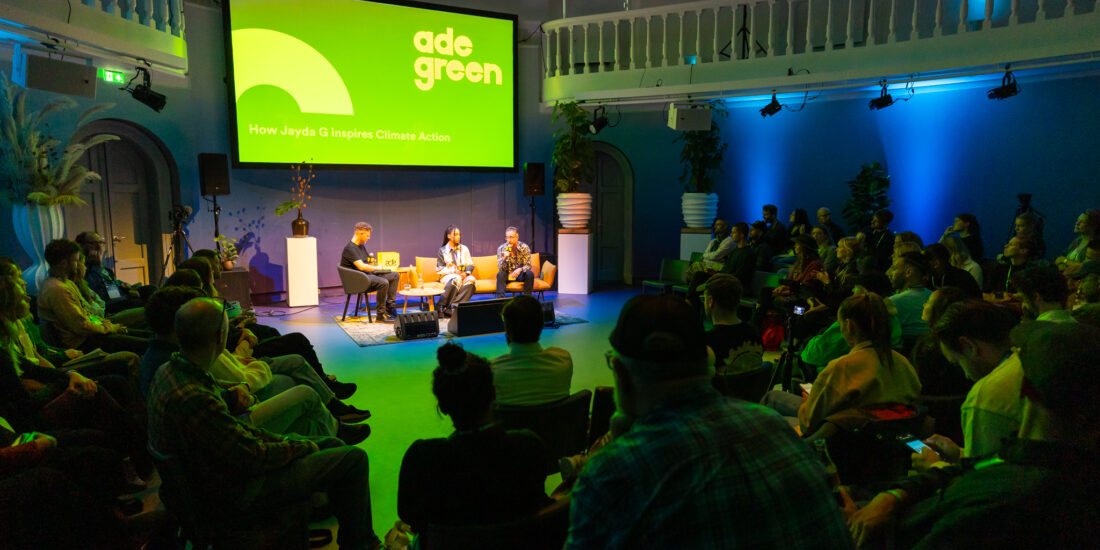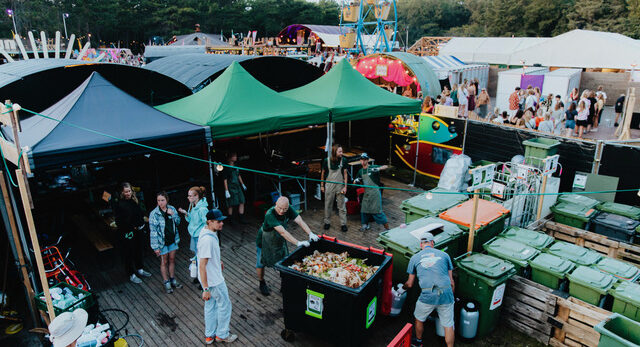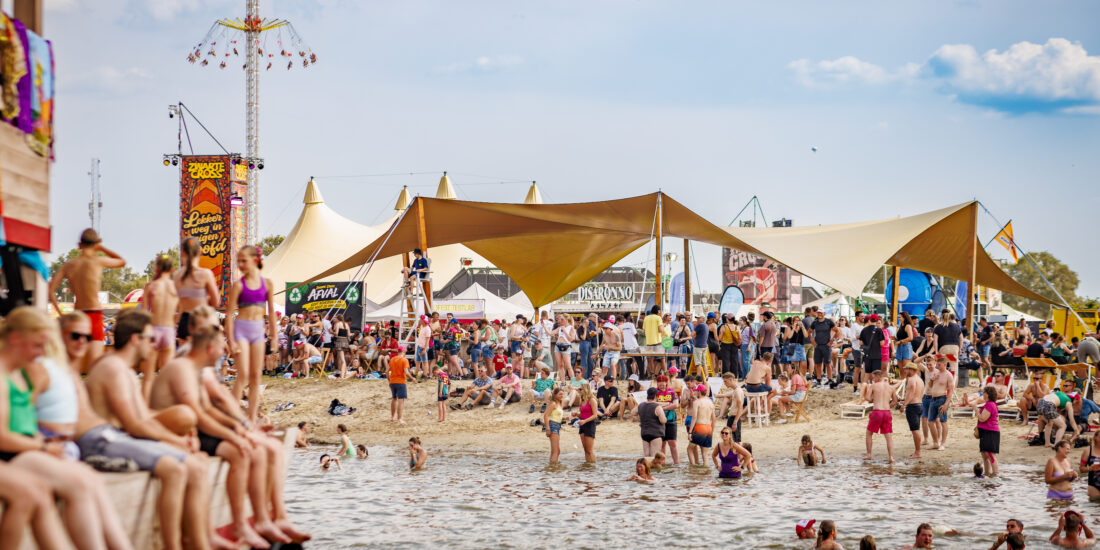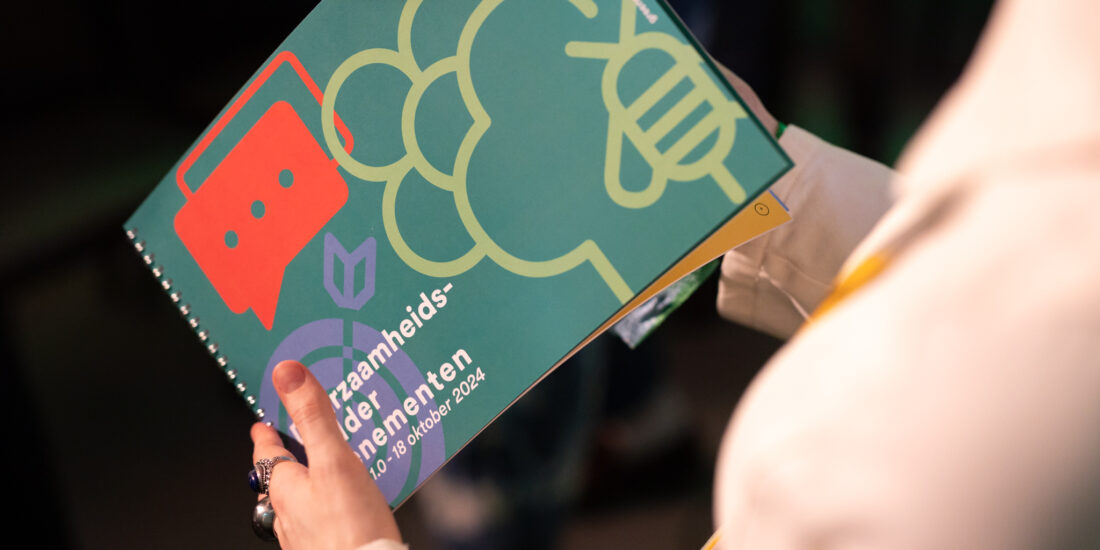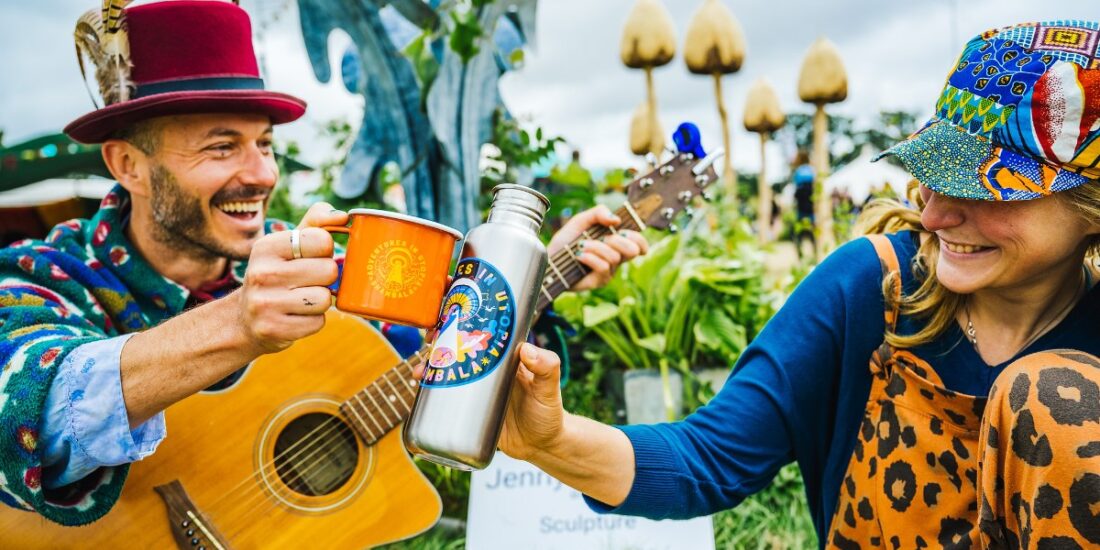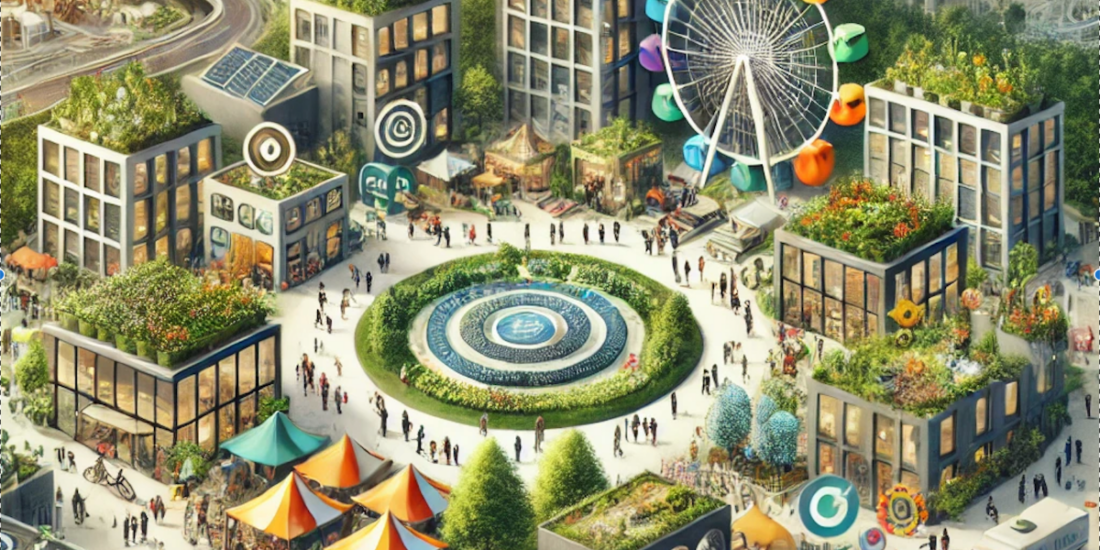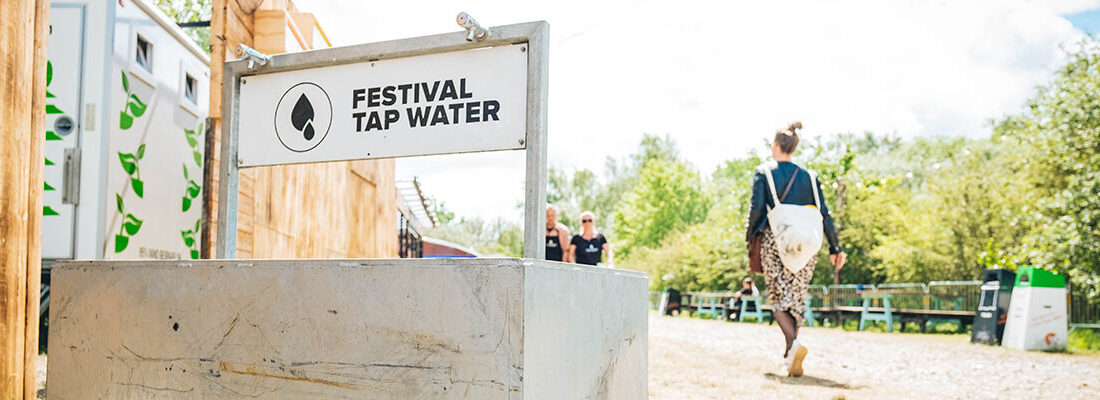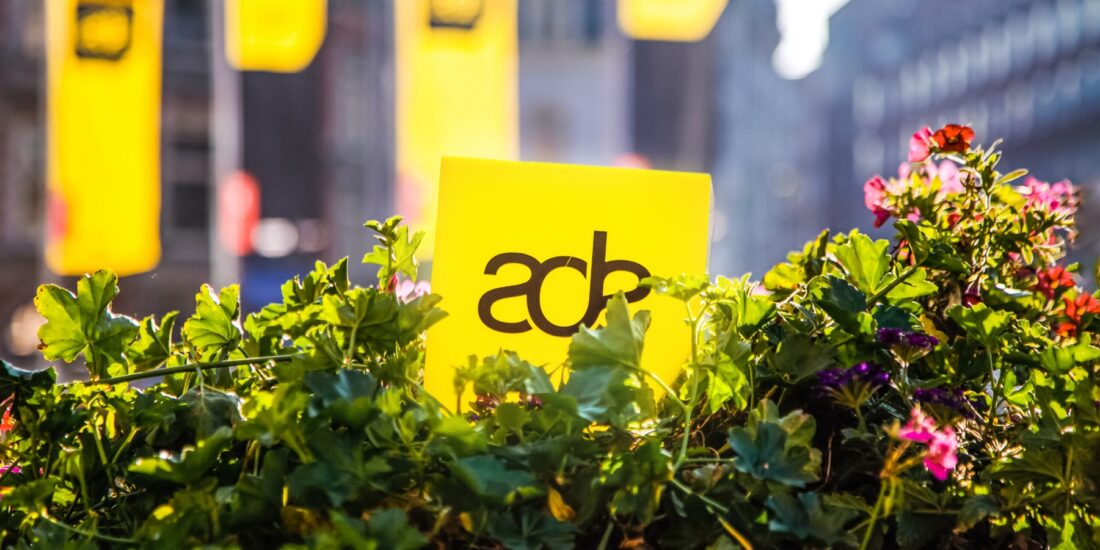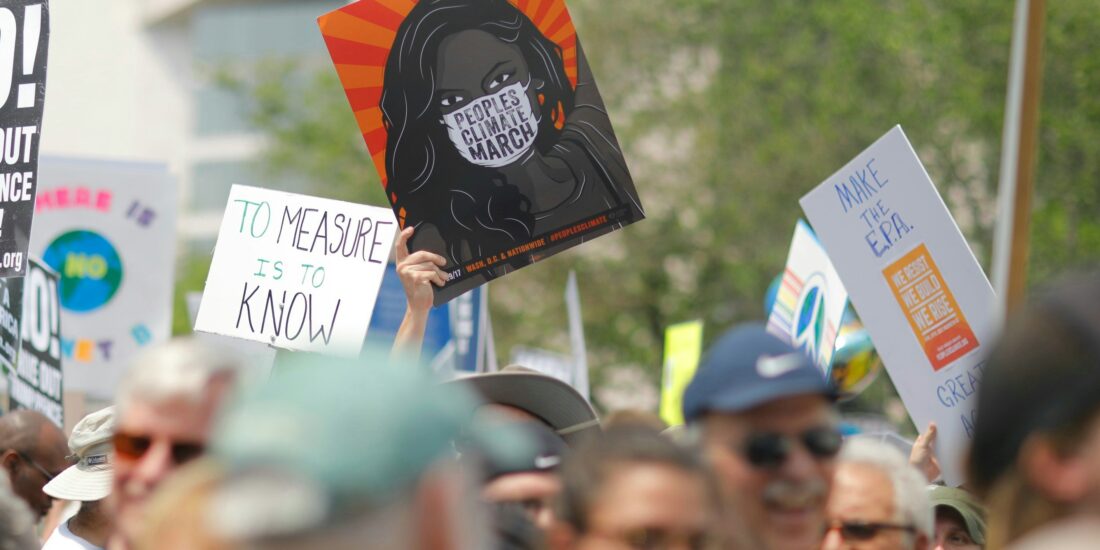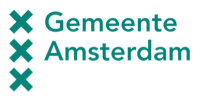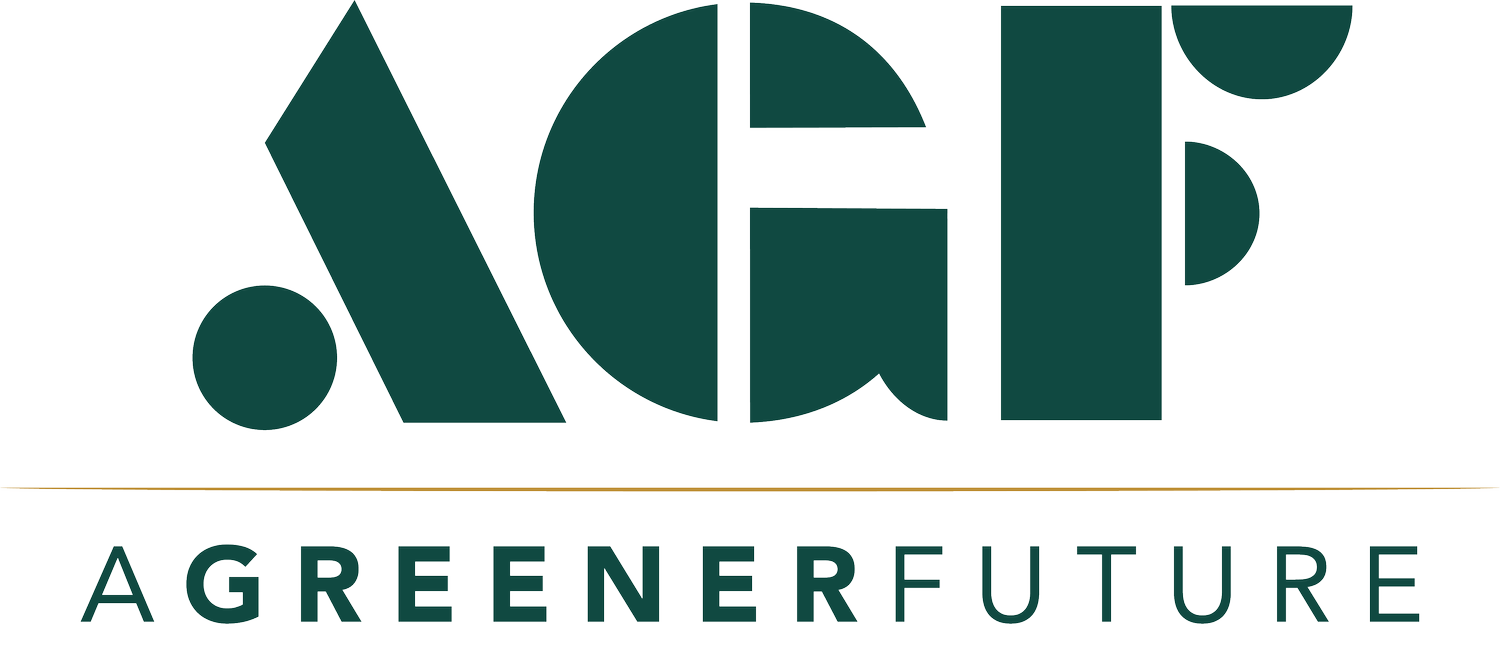Driving environmental & social change in the events industry
Green Events is working towards a resilient ecosystem for the events of tomorrow. We accelerate the ecological and social transition through advisory services, impact programs, and education via this platform and various initiatives. We do this proactively or upon request from event organizers, professionals, brands, suppliers, national government, provinces, municipalities, and NGOs. Are you with us?
Recent articles and industry updates
Your Guide to ADE Green 2024
In this article, we guide you through this year’s program, offering direction amidst its array of 20 programs in a single day.
Smarter Sourcing explained: How to buy supplies for a circular festival
Smarter Sourcing explained: Learn how to buy supplies for a circular festival, reduce waste, extend product lifecycles, and make sustainable purchasing decisions for climate-neutral events.
Festivals as a Testing Ground for Smart Water Solutions: Lessons from Zwarte Cross
Discover how festivals like Zwarte Cross serve as testing grounds for circular water solutions. Learn about innovations, lessons, and opportunities for a sustainable water cycle.
The Sustainability Ladder for Events
The Dutch event sector is taking a big step towards sustainability with the launch of the Duurzaamheidsladder Evenementen (DLE), or Sustainability Ladder for Events
No excuse for single use: Reuse as a circular solution
Single-use plastics are increasingly becoming a global environmental threat – from the poles to deep oceans and our human bodies. Plastic pollution leads to animal deaths and microplastics enter our
Assessing the scalability of circular start-ups in cities
Circular start-ups are increasingly seen as key players in the shift towards sustainable urban development, offering solutions that minimize waste, and reuse resources to minimize the impact on the environment,
Transition to tap water at events – A step towards sustainability
At ADE Green, Dopper and Green Events introduced the “Tap water at clubs and festivals” model, a practical guide designed to help organisers take the next step towards future-proof events.
CSRD for events and festivals
During Amsterdam Dance Event last October, the frontrunners of the Green Deal Circular Festivals came together to discuss the implications of CSRD reporting and made the first steps in developing


